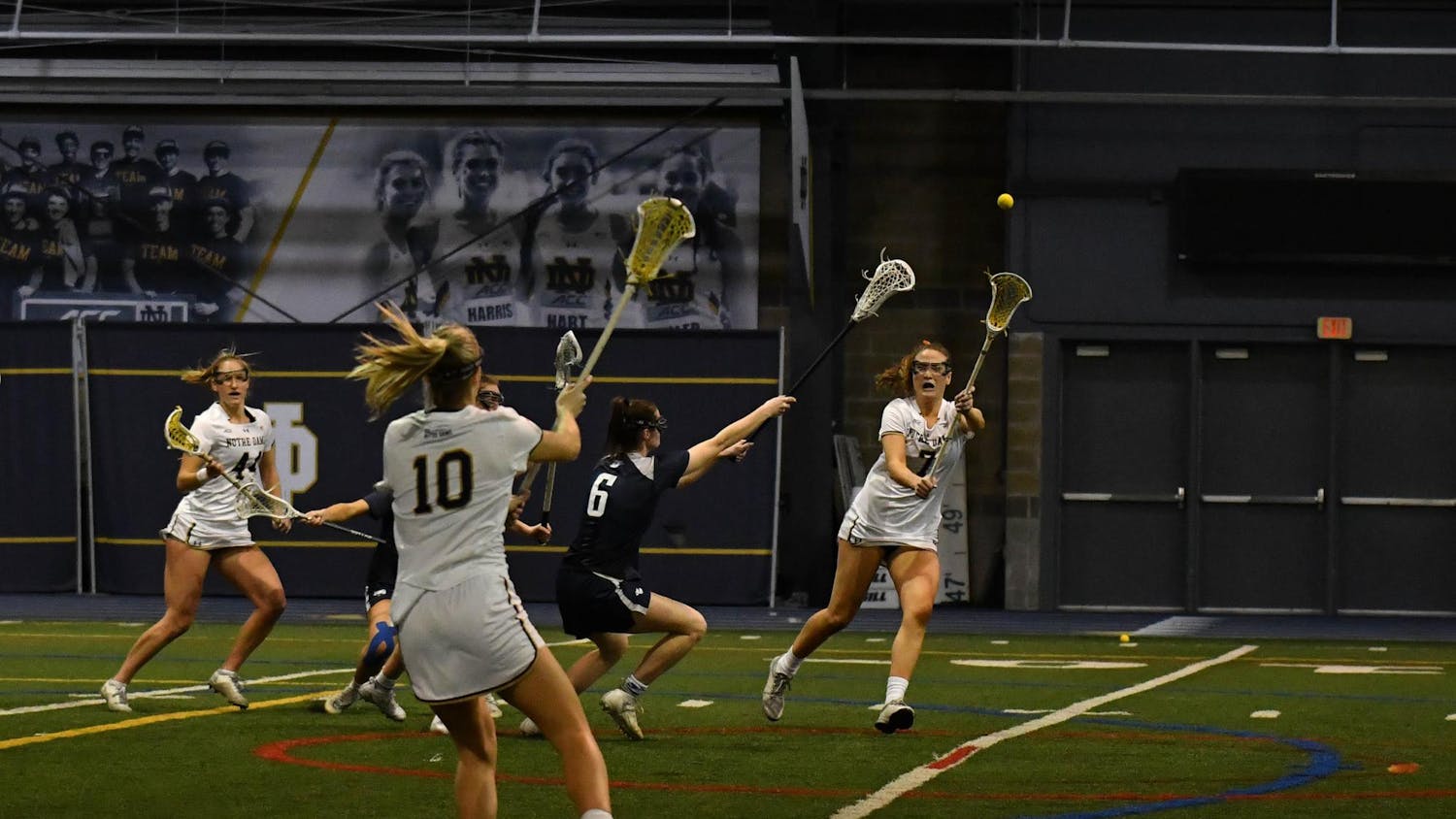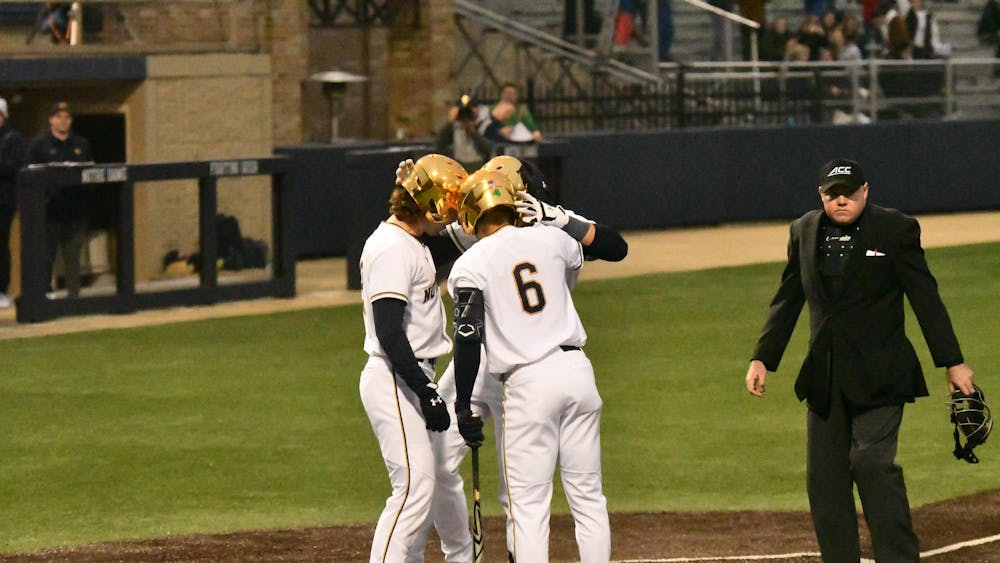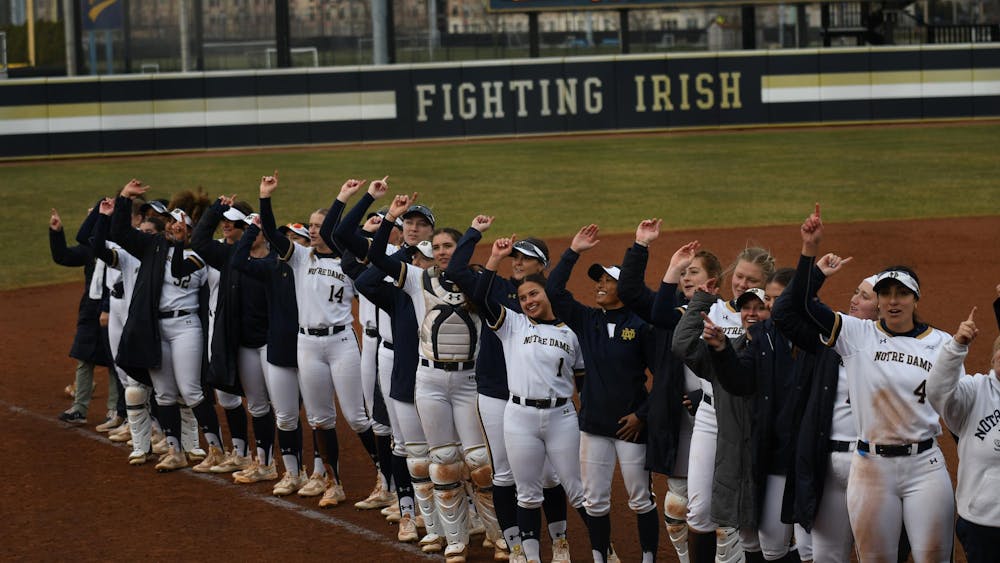Late last week, the New York Mets re-signed outfielder Yoenis Cespedes, who was one of the club’s key catalysts during its run to the World Series in 2015 and, arguably, the last big-name free agent left in this offseason’s especially talented class.
Cespedes’s deal is for three years and $75 million but also includes an opt-out clause, which has become increasingly popular in free-agent negotiations this offseason. The majority of high-profile free agents have bargained for such a clause, which allows players the chance to opt out of their current contract after a certain number of years and regain their free-agent status.
The list of notable free agents who have had opt-out clauses integrated into their deals this winter is expansive and includes David Price, Jason Heyward, Justin Upton, Johnny Cueto and Cespedes, among others.
Historically speaking, the surge in opt-out clauses this offseason suggests a new trend in baseball’s free agency; prior to the 2014 season, only 10 players had ever signed a free-agent contract that included the opportunity to opt out early.
One notable exception to the proliferation of free agent contracts with opt-out clauses this winter is pitcher Zack Greinke, who signed a massive $206.5 million deal in early December. However, Greinke’s previous contract serves as a perfect example of why so many players are now looking to take advantage of opt-out clauses in contract negotiations.
In what was a rare move at the time, Greinke signed a six-year contract with the Dodgers in 2012 that gave him the option to re-enter free agency at his discretion after three seasons. After having an incredible 2015 season, Greinke did just that and signed a new six-year contract that includes a nearly $60 million increase in value and will keep him under contract through much of his late 30s.
In short, Greinke’s experience illustrates that opt-out contracts, at least in theory, clearly favor the player and not the team signing him; if the player succeeds in the first part of his contract, then he can potentially earn more money by opting out of the rest of it. Conversely, if the player struggles, then he can still be assured a salary for the original length of the deal. These benefits are why opt-out contracts will likely become the norm in Major League Baseball moving forward. With high-profile free agents having a decisive upper hand in the negotiations for their services — which is most evident from the rapid increase in nine-figure deals — it is difficult to imagine players that will not take advantage of opt-out opportunities that favor them.
As a result of the escalating number of opt-out contracts, baseball’s free agency will likely see more activity in the foreseeable future. Additionally, if the trend continues moving forward and players start exercising the opt-outs included in their deals, many talented players will presumably end up playing for more teams over the course of their careers than in the past.
While it is hard to argue that the proliferation of opt-out contracts is bad for players, they are a bit more precarious for fans. If they do become the norm — which all signs seem to point to — many fans will have to deal with some of their favorite and most productive players leaving shortly after signing or, even worse, watch in horror as their unproductive expensive free agents play out the length of their deals and become financial deadweights.













